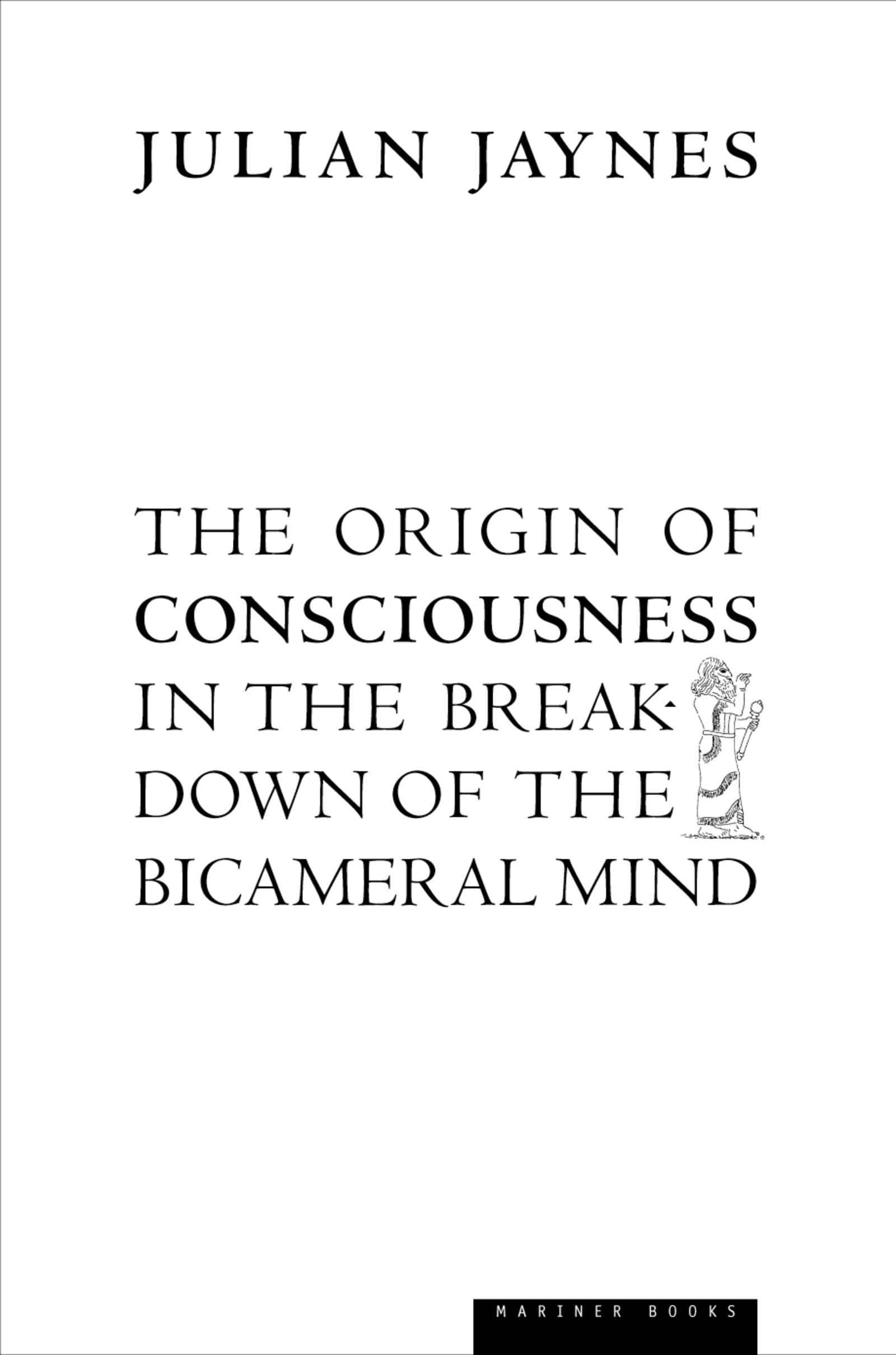To Be Conscious
Is Not to Be in Time
I have wanted to read this book for so long.
After seeing the titular episode name from Westworld, I was intrigued by the concept of bicameral mind and its implications to understanding human consciousness,
an area of study that is both controversial and insufficiently researched.
This might be considered a popular science book, but that shouldn't be taking anything away from its mesmerizing content.
I am leaving my notes as I proceed to whomever perchance stumbles upon these lines.
I have also included some quotes that have given me pause for thought. If you want to give any commentaries or suggestions, or just chat,
you can always hit me up on: emirhan.inan814@gmail.com .
What Is Consciousness?
Consciousness is an inexplicable phenomenon. It spans much of the animal kingdom, yet its development remains an elusive mystery to this day.
"O God! I could be bounded in a nutshell,
and count myself a King of infinite space..."
, Hamlet, II, 2
In its simplest definition, it is a state of being aware, especially aware of this awareness.
And Then Emerged Consciousness
It would be absurd to blindly apply evolutionary biomechanics that have spanned animal existence for aeons to humanity’s recently emergent, trimillennial consciousness. We have no doubt to assume humans have a special place in the animal kingdom due to their observable volition and decision-making, yet we are sure to conclude that it is mere Darwinian advantage that pulls the strings together despite species that have outlived humans tenfold without any visible sign of complex consciousness. I must note here the difference between reactionary, which is observable even in house plants, and conscious behavior.
Consciousness Is Conscious of Its Own Consciousness Only
The book here gives an analogy of a flashlight that assumes that since there is nothing it can see but light, everything must be alighted. I wanna dwell on the differences between reactivity, consciousness and subconsciousness here more. Being conscious of consciousness is not actually consciousness; it is only consciousness at its masquerade. If a sudden sound blared beside me, I would unconsciously turn around. This is, again, reactivity. I am not conscious of my fingertips as they trace the keys; I am only conscious of what I am trying to convey with them. This disproves Titchener's theory stating that consciousness is the sum total of our mental processes concurrently--it actually consists little of.
